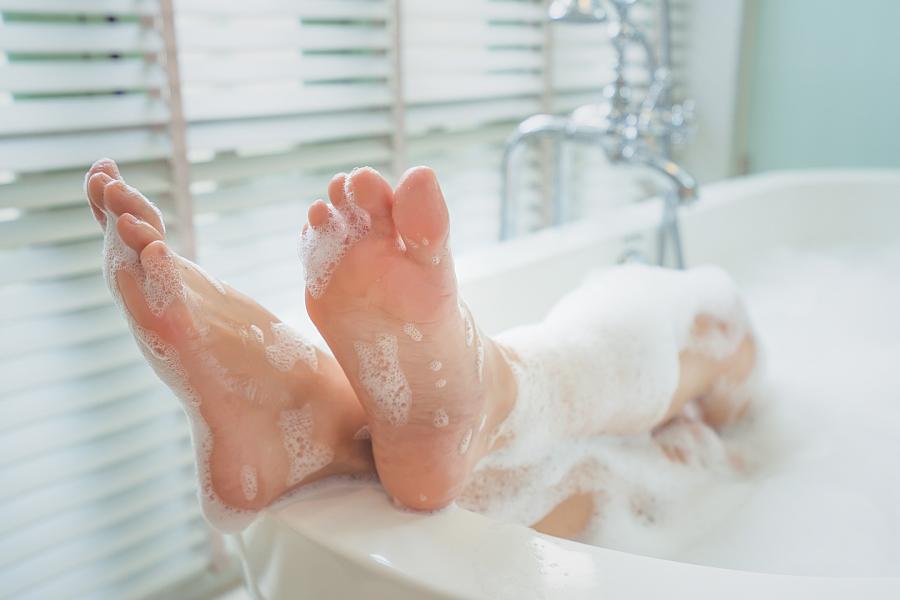This content is provided to Johns Hopkins employees through the Johns Hopkins Employee Assistance Program's partnership with CCA.
Making time for yourself is probably the last thing on your to-do list, the one you rarely get to. There's always someone or something needing your attention, and taking care of others is more important than taking care of yourself, right? You might feel like it's already hard enough to get everything done and that you can't add more to your checklist. But there are compelling reasons to try.
Why should you make time for yourself?
With the nonstop demands of work and family, there's always something to do. Energy is expended on work projects, taking care of the home, maintaining relationships, managing child care, and playing with the kids. But where does that energy come from? How can you recharge?
Spending time alone on a regular basis has been shown to reduce heart rate and blood pressure. It also can play an important role in reducing stress, which can in turn enhance the immune system. Not to mention the spiritual rejuvenation that a few moments alone can spark.
If you're a parent, another good reason to take care of yourself is your children. Chances are you spent a great deal of time and energy trying to find quality child care because you wanted to make sure that your kids are well cared for. But who's taking care of you, and how much can you give your children if your own energy banks are depleted? Making time to take care of yourself will help ensure you can provide your children with the quality care they deserve.
What does it take?
Taking care of yourself doesn't have to be a big production, but it might require a shift in your mindset. Many working parents feel guilty if they don't spend every free moment with their kids. The first step is to recognize that you also deserve attention, and that giving it to yourself will allow you to give back more to the people you love. Have some fun coming up with something that works for you—and then make sure you do it.
To get you started, here are some suggestions for creating self-care time:
- Take a bath. Adding candles and soft music can make a half hour seem like a luxurious getaway.
- Read a good book. When was the last time you read something just for fun?
- Go for a walk. Visit a favorite park, or just stroll around the block.
- Be creative. Do you have a pile of photos and an album that needs to be completed? How about planting an herb garden? There's probably a project you've "put on hold" for when you have time. Make the time.
- Get some exercise. Not only is exercise good for you, but it helps relieve stress. Plus, this feel-good activity is one that you can easily do by yourself.
- Combine time alone with an enjoyable task. Does cooking relax you? How about weeding or mowing the lawn? Pick something that needs to be done and do it alone.
By putting a little energy into caring for yourself, chances are you'll have more energy for everyone—and everything—else.
Watch an on-demand webinar for more ideas
To support the Johns Hopkins Employee Assistance Program, or JHEAP, CCA offers the Self-Care: Better Care of Yourself webinar to help you identify ways to implement self-care as part of your schedule and learn the art of slowing down. It will be available on demand starting at noon on Tuesday, Aug. 16. To watch, go to CCA–Online Seminars and enter the company code JHEAP.
Make your self-care a priority. For free confidential help and for referrals to professionals for any emotional or mental health concerns, contact the Johns Hopkins Employee Assistance Program at 888-978-1262. JHEAP is available to you and your household family members 24/7.
Posted in Health+Well-Being
Tagged hr newswire








